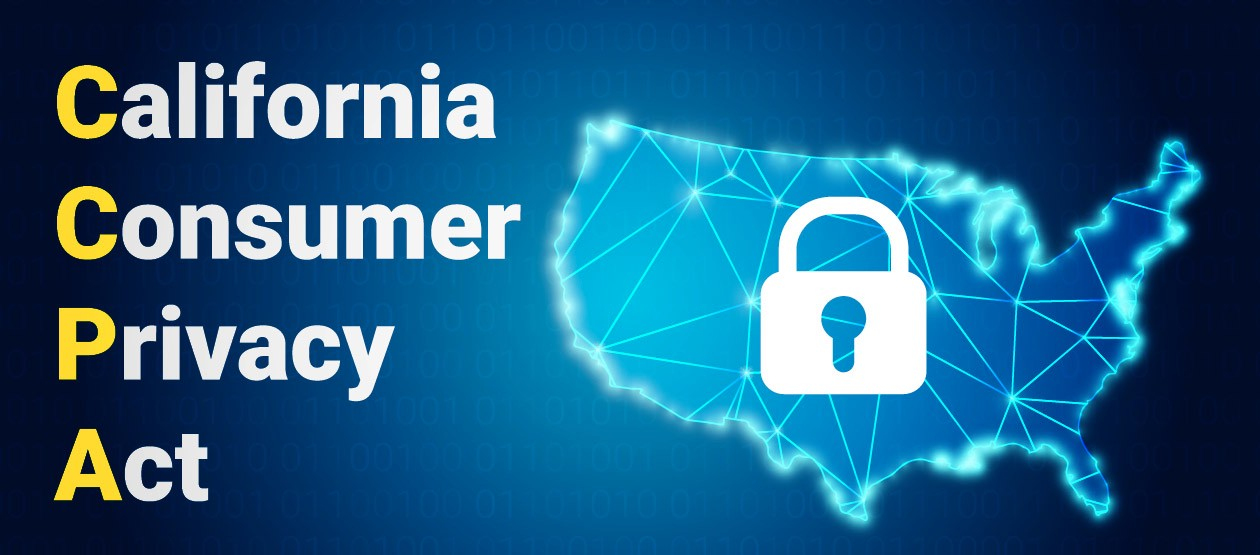California Consumer Privacy Act (CCPA)

In today’s digital-first world, personal data is a valuable asset, not just information. Companies across industries rely on Personally Identifiable Information (PII) to improve user experiences, personalize services, and drive growth. But as data collection accelerates, so does the need for robust privacy protection. That’s where the California Consumer Privacy Act (CCPA) comes in.
Introduced as the United States’ most comprehensive privacy regulation, the CCPA took effect in January 2020. Modeled after Europe’s GDPR, this state-level legislation gives California residents greater control over their data, while setting a benchmark that continues to influence global data privacy trends.
What Is the CCPA?
The California Consumer Privacy Act is a landmark state law that regulates how businesses handle the personal data of California residents. Enforced since July 2020, it restricts the selling, sharing, and processing of consumer information. The law applies to any for-profit business, regardless of location, that collects data from Californians and meets specific criteria.
Who Needs to Comply?
The CCPA applies to companies that meet any of the following conditions:
- Earn $25 million or more in gross annual revenue
- Buy, receive, or sell the personal data of 50,000 or more consumers, households, or devices per year
- Generate at least 50% of their annual revenue from selling personal information
This includes global tech firms, retailers, marketing platforms, and many others doing business in California.
Key Rights for Consumers
The CCPA empowers individuals by granting them specific rights regarding their personal data. Here’s what California residents are entitled:
1. The Right to Know
Consumers have the right to request details about the personal information a business collects, uses, discloses, or sells. This includes the categories of data, the purpose behind its use, and third parties with whom it’s shared.
2. The Right to Opt Out
Individuals can direct businesses not to sell their personal data. Minors under 16 must affirmatively opt in, while those under 13 need parental or guardian consent.
3. The Right to Delete
Consumers may request deletion of their personal data, provided certain legal exceptions don’t apply. Businesses must comply unless retaining data is necessary for security, legal obligations, or service fulfillment.
4. The Right to Non-Discrimination
Businesses cannot discriminate against individuals for exercising their CCPA rights. This means no denying services, no reduced quality, and no price hikes as retaliation for privacy requests.
What Does CCPA Compliance Look Like?
Complying with the CCPA involves implementing transparent privacy policies, creating accessible opt-out mechanisms, and honoring user data requests in a timely manner. Businesses must also train staff handling customer data and update internal data maps and processing workflows.
The California Attorney General oversees enforcement. Non-compliance can result in fines of up to $2,500 per violation, and $7,500 for intentional violation if not resolved within 30 days of notification.
Why CCPA Matters Globally
Although CCPA is a California law, its ripple effect is global. Much like the Brussels Effect, where the EU’s regulatory standard shapes global practices, the CCPA has influenced how international companies handle user data across all U.S. states and, increasingly, in other countries. Multinational businesses have adjusted their data handling practices to align with CCPA requirements, often extending these protections to all users. This shift has fueled broader discussions about federal privacy legislation in the U.S., and inspired updates to privacy laws in countries including Canada, Brazil, and Japan.
Why CCPA Matters Globally
- Global Convergence: As the CCPA influences global norms, more countries are aligning with principles seen in both CCPA and GDPR, emphasizing transparency, user rights, and accountability.
- Privacy UX Design: Businesses are investing in privacy-centered user interfaces that make opt-outs, data requests, and consent clear and easy to manage.
- AI and Automated Compliance: AI-powered tools are increasingly used to monitor data flows, ensure policy adherence, and streamline user request handling.
- Youth Privacy Protections: Following CCPA’s opt-in requirement for minors, international regulators are focusing more on age-appropriate privacy rules to protect children online.
Final Thoughts
Whether a business operates in California or serves a global customer base, the CCPA signals a larger movement toward transparent and ethical data use. Meeting its requirements is simultaneously about avoiding compliance penalties while aligning with rising expectations around privacy and earning the confidence of consumers.
Privacy is more than a box to check once and move on from. It requires consistent attention and clear communication. Businesses that take it seriously now will be better equipped to navigate future regulations and maintain meaningful customer trust.



